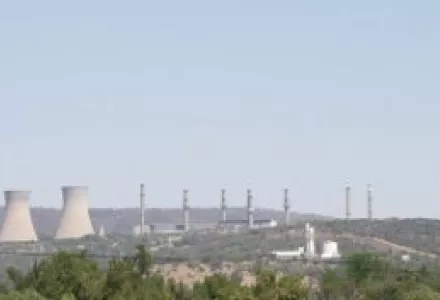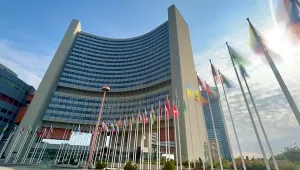Academic scholarship has been largely successful in understanding and identifying the primary motivations behind nuclear weapons exploration and acquisition and has made significant strides in analyzing the substantial impact that nuclear weapons have had on various other issue areas—suggesting that nuclear weapons have important political effects for their possessors in conflict and broader bargaining interactions. A less-studied phenomenon, though equally interesting and policy-relevant, is that of deproliferation, the process by which states decide to abandon their nuclear weapons ambitions or nascent programs. Since 1945, three times as many states have started and stopped nuclear weapons programs than have successfully proliferated.
This seminar aims to analyze the unique process of deproliferation and present a theory and preliminary findings that suggest that the international community can successfully induce nuclear reversal with the offer of positive policy levers. This theory incorporates two novel additions to the prior literature on rewards and sanctions in international politics and on nuclear reversal: an analysis on how the international community bargains with proliferators to encourage reversal and an examination of the interaction of the two tools in a strategic, formalized framework. The theoretical model provides the basis for the derivation of hypotheses for the empirical analysis. Under this theory, the international community can play a substantial role in inducing deproliferation by providing positive incentives, primarily military and economic aid to states that have embarked on nuclear weapons activity. To test these hypotheses, the speaker will focus only on states that have begun nuclear weapons activity to examine the conditions under which they chose to stop. She will employ a multi- method observational research design and undertake large-n, medium-n, and small-n analyses to identify patterns of behavior over time among all proliferators. This seminar will conclude by presenting the findings on the conditions that motivate proliferating states to stop their nuclear development and provide recommendations for U.S. counter-proliferation policy.
Please join us! Coffee and tea provided. Everyone is welcome, but admittance will be on a first come–first served basis.




